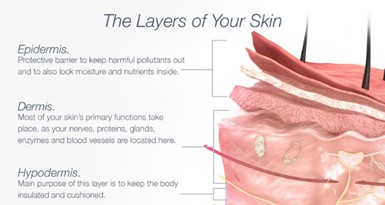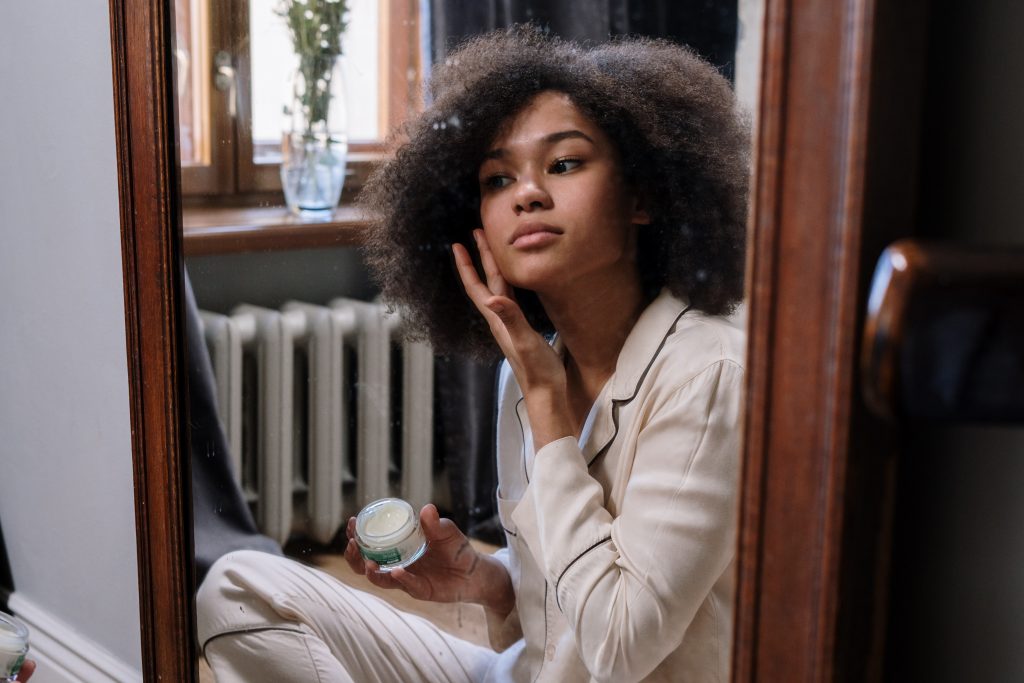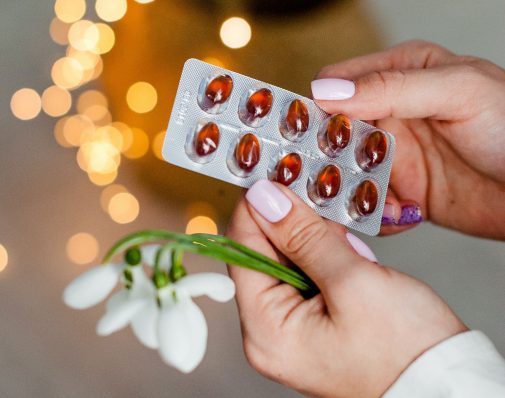by GENEVIEVE MULLINS
Our bodies are designed to defend against invading bacteria and viruses that cause infection, illness and disease. Recognised as a vital component of the immune system, the skin serves as the first line of defense against external harm in the environment.
Too often, the natural barrier that protects our body from external conditions is damaged. While short bursts of sun exposure initiates the process of vitamin D production in the body, long-term exposure is harmful and found to be linked to a greater risk of developing skin cancer.
Unfortunately, society places a significant amount of attention on the misconception that a warm summer glow is associated with healthy skin. Adolescents, who use social media as a platform to connect with others and form their sense of self, are more susceptible to negative sun safe behaviours. As a result, this desire for a tan is overriding the efforts to protect our skin.
DID YOU KNOW?
Australia has one of the highest melanoma rates in the world with one person diagnosed with the disease every 30 minutes.
While melanoma is uncommon among children and adolescents, studies have affirmed early unsafe sun protection behaviours as an accurate sense of the likelihood of developing skin cancer. It is estimated that up to two thirds of a person’s risk of melanoma is acquired in the first 15 years of life. The simple efforts of using sunscreen alone can decrease an individual’s lifetime risk of developing non-melanoma skin cancers by up to 78%.
We typically think of skin only as it relates to beauty – but it is essential to our overall health as well. Recognised as the largest and one of the most important organs in the body, the human skin is a complex structure and serves many functions beyond appearance.
GET TO KNOW THE SKIN –
- Epidermis – the outermost layer of skin, and serves as the body’s first point of contact with the external environment. Acting as the barrier, the epidermis protects the body from ultraviolet (UV) radiation, harmful chemicals, infection and losing important nutrients and water.
- Dermis – the thickest layer of skin, and the underlying connective tissue layer that supports the epidermis. The dermis contains:
– Nerves that help us relay signals coming from the skin. These signals include touch, temperature, pressure, pain and itching
– Sweat glands and oil glands
– Hair follicles
– Blood vessels that nourish the skin with oxygen and nutrients
– Collagen, a protein responsible for giving the skin strength and elasticity - Hypodermis – the layer of skin directly below the dermis and serves to connect the skin to the underlying fascia (fibrous tissue) of the bones and muscles. Adipose tissue present in the hypodermis consists of fat-storing cells called adipocytes.
In much of the developed world, insufficient exercise coupled with readily available unhealthy meals have resulted in unwanted accumulations of adipose tissue in many people.
Adapting a healthy lifestyle will ensure your body maintains the ideal body fat percentage – facilitating in temperature regulation, balanced hormone levels, better reproductive health, adequate vitamin storage, good neurological function, healthy metabolism and balanced blood sugar.

3 IMPORTANT STEPS TO MAINTAIN SKIN HEALTH
While a good skin care routine may sound like high maintenance, in reality, the steps for healthy skin are not only necessary, they’re easy to implement.
- CLEANSE – assists in removing dirt, bacteria, excess sebum oil and pollutants.
The cleansing process helps the skin restore its natural pH level and supports an optimal environment for healthy resident skin microbiome (bacteria, viruses and fungi).
The skin provides a rich and diverse habitat for bacteria, while the bacteria protect the skin, and thus the body, from the penetration of pathogens – meaning disease-causing germs. The microbiome copes very well with the acidic conditions around pH 5, while the pathogens cannot tolerate such conditions. Using a pH-balanced cleanser makes skin less sensitive and more resilient against environmental triggers and protects the skin microbiome. - HYDRATE – Dedicate morning and night for giving your skin the care it deserves. The best moisturizers should contain hydrating properties that draw water into the skin (humectants) – such as Squalane, B vitamins, glycerin, ceramides, and hyaluronic acid – and others that smooth the skin (emollients) – such as lanolin, sunflower oil and jojoba oil.
- PROTECT – UV rays are always around, even on cloudy days. When you’re inside working near a window or even in the car, the UV rays can cause just as much damage as being in direct sunlight. Recognizing that UV exposure damages skin cell DNA, we must do what’s possible to protect our skin. Fortunately, the act of being Sunsmart is simple and effective and will significantly reduce your chances of skin cancer.
For best protection, the Cancer Council recommend a combination of sun protection measures:
SLIP on some sun-protective clothing
SLOP on broad spectrum, water resistant SPF30 (or higher) sunscreen
SLAP on a hat
SEEK shade
SLIDE on some sunglasses – make sure they meet Australian standards
Keeping your skin clean, avoiding harsh chemicals and staying out of the sun are simple choices that your skin and body will thank you for in years to come. When considering skin care, it’s also important to be aware of all pieces of the puzzle – exercise, diet and stress.
Though many factors contribute to skin health, at the end of the day a good skin care routine and limiting sun exposure are simple and effective behaviours that will go a long way.
Genevieve’s fascination with the mind and its impact on human behavior led her to pursue a Bachelor of Psychology, at QUT, and then further continued to complete an honours degree, at University of Sunshine Coast. Genevieve envisions her future to embrace a career assisting adults in discovering the cause of psychological issues and in turn providing guidance to alleviate pain and suffering. When she’s not working full time, Genevieve can be found relaxing at a coffee shop, jogging along the boardwalk of the Brisbane River, partaking in an early morning yoga class, or simply reading a good novel with a cup of tea.






